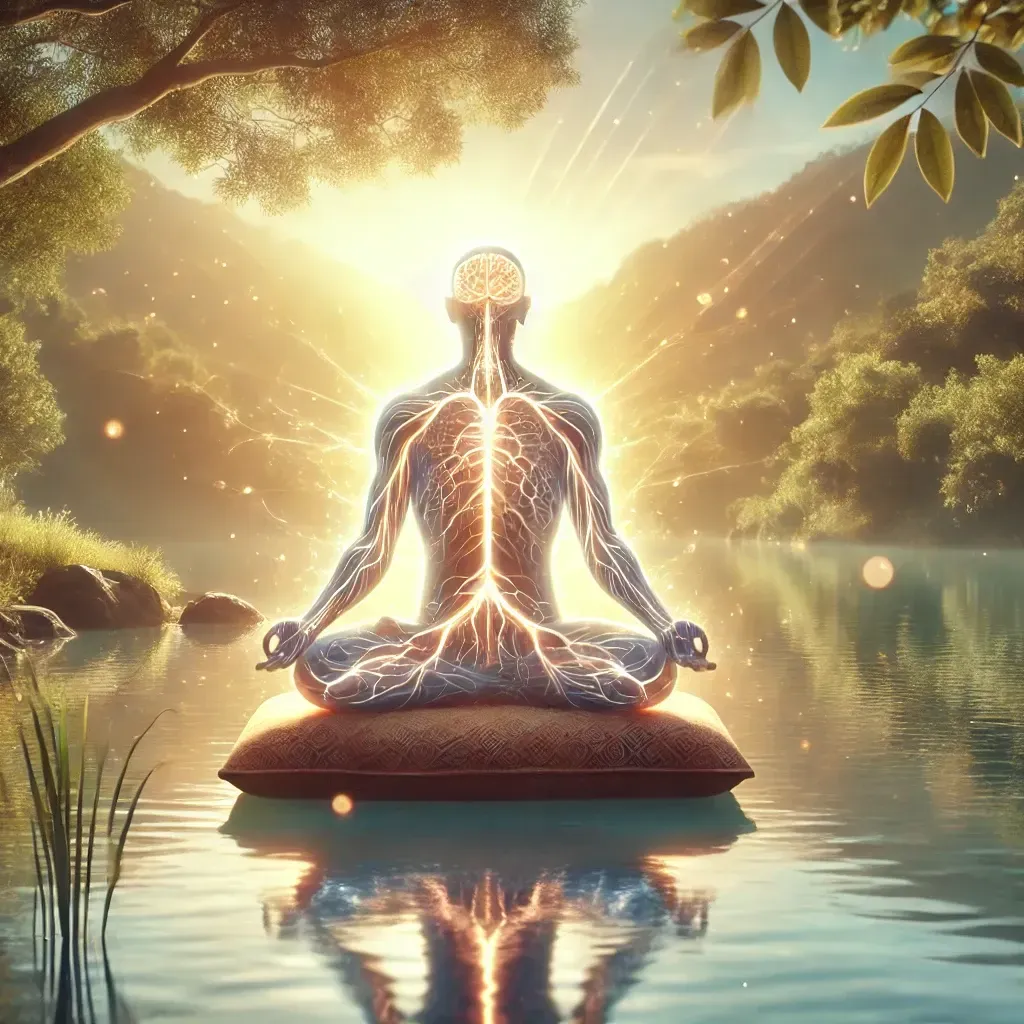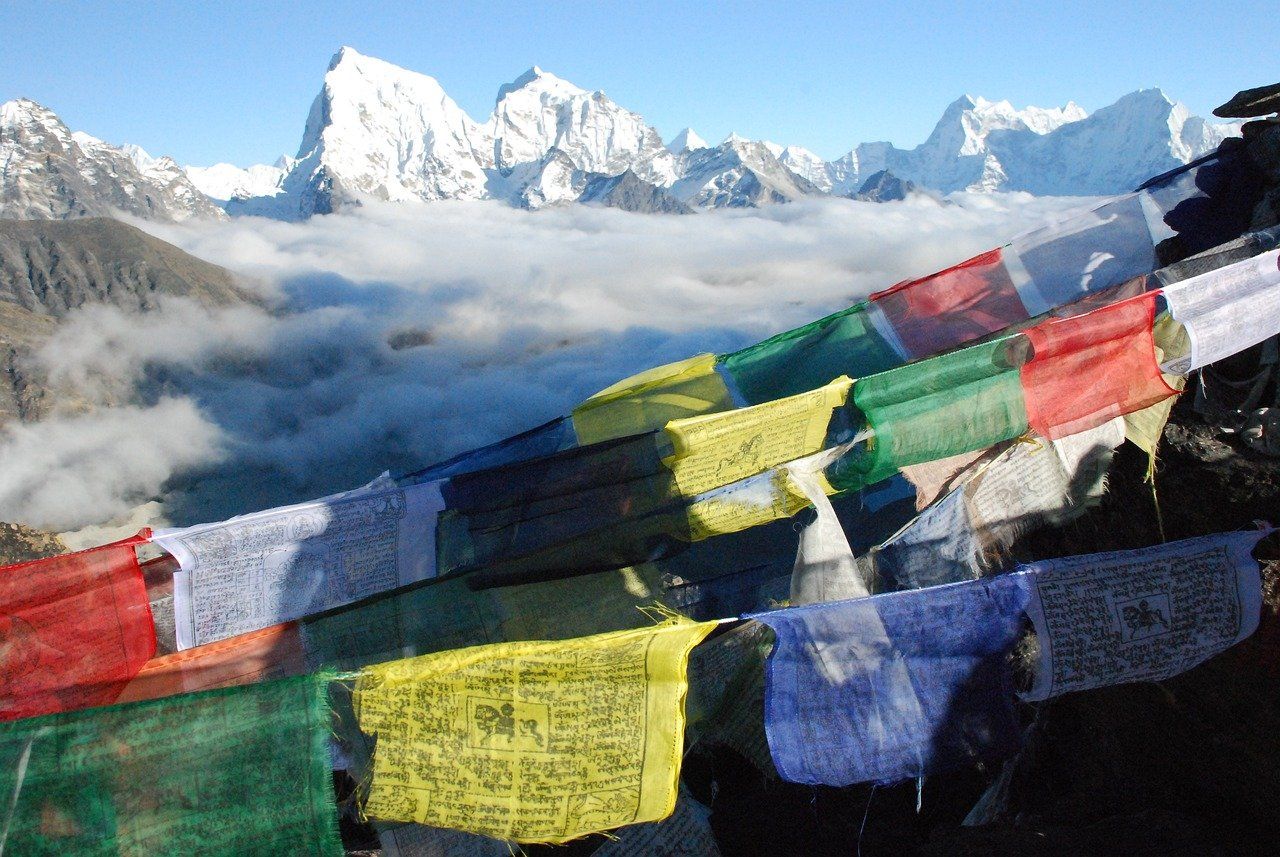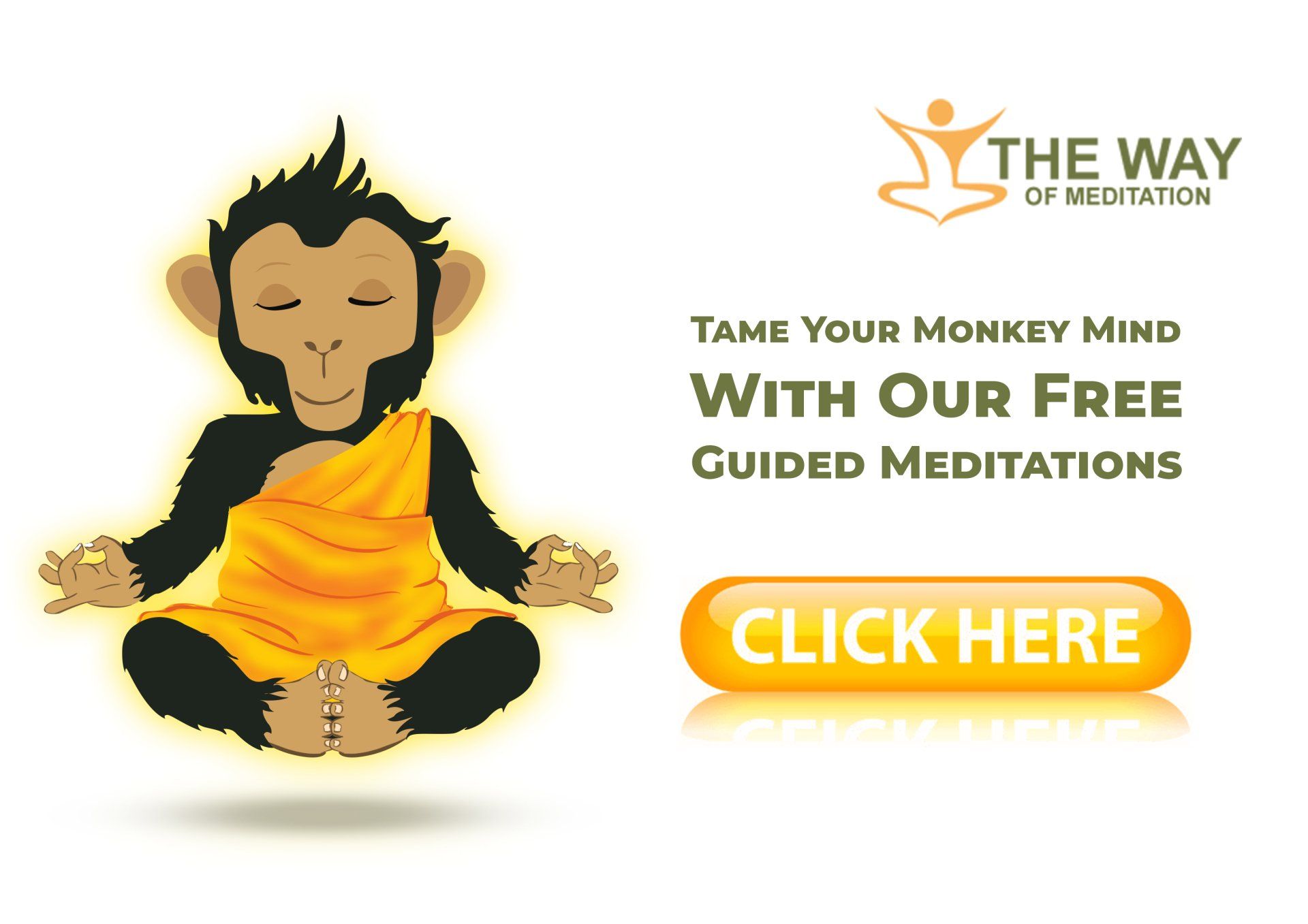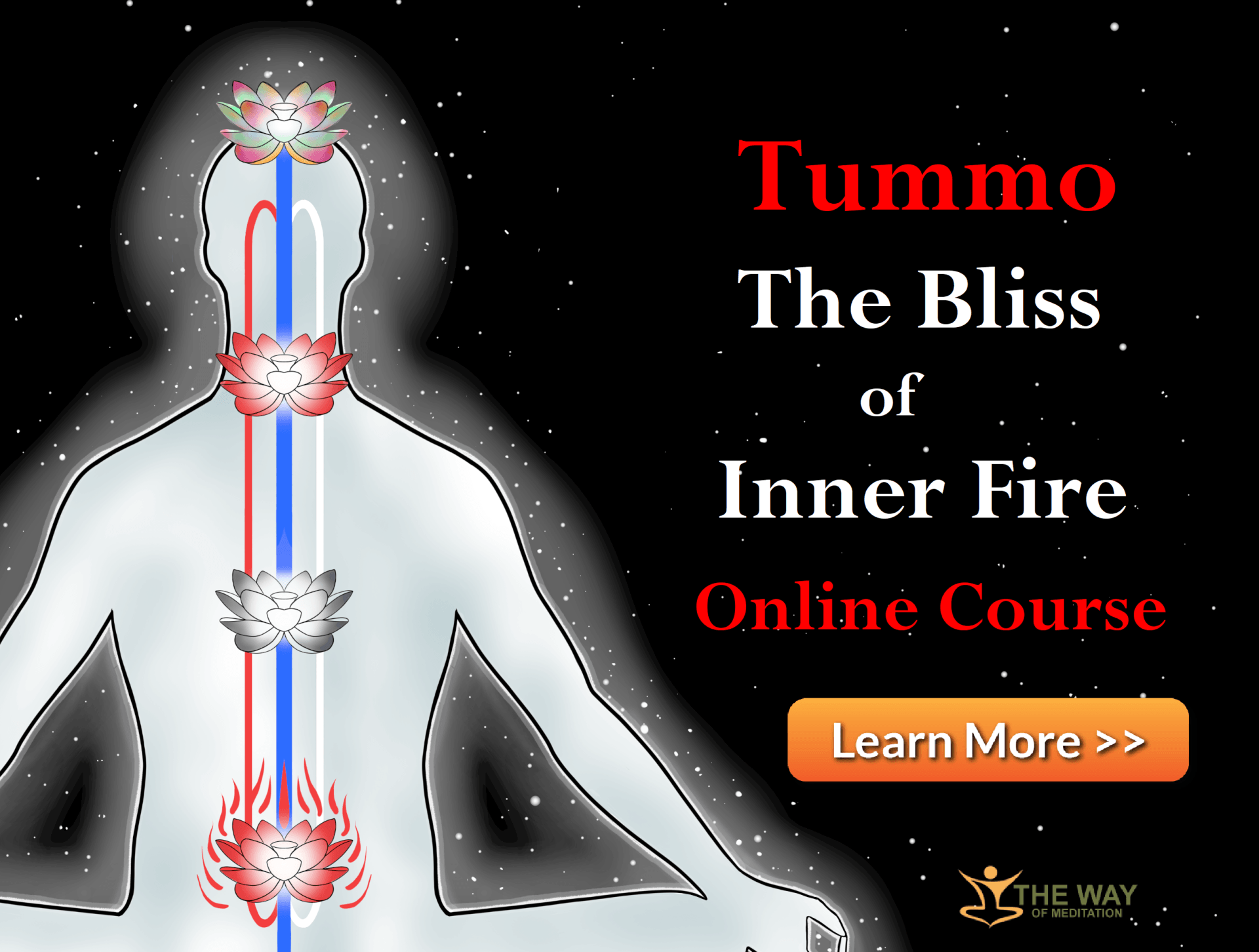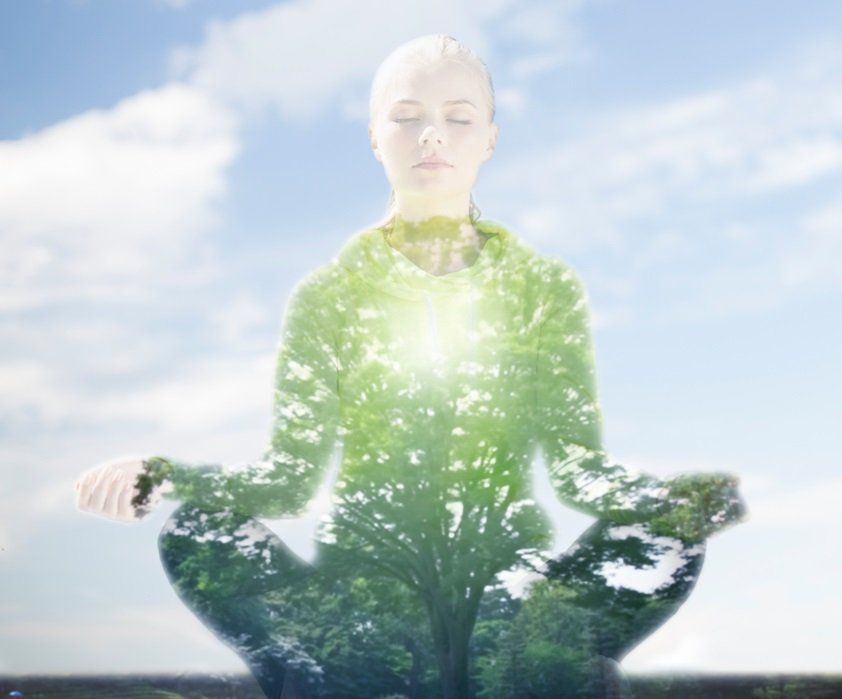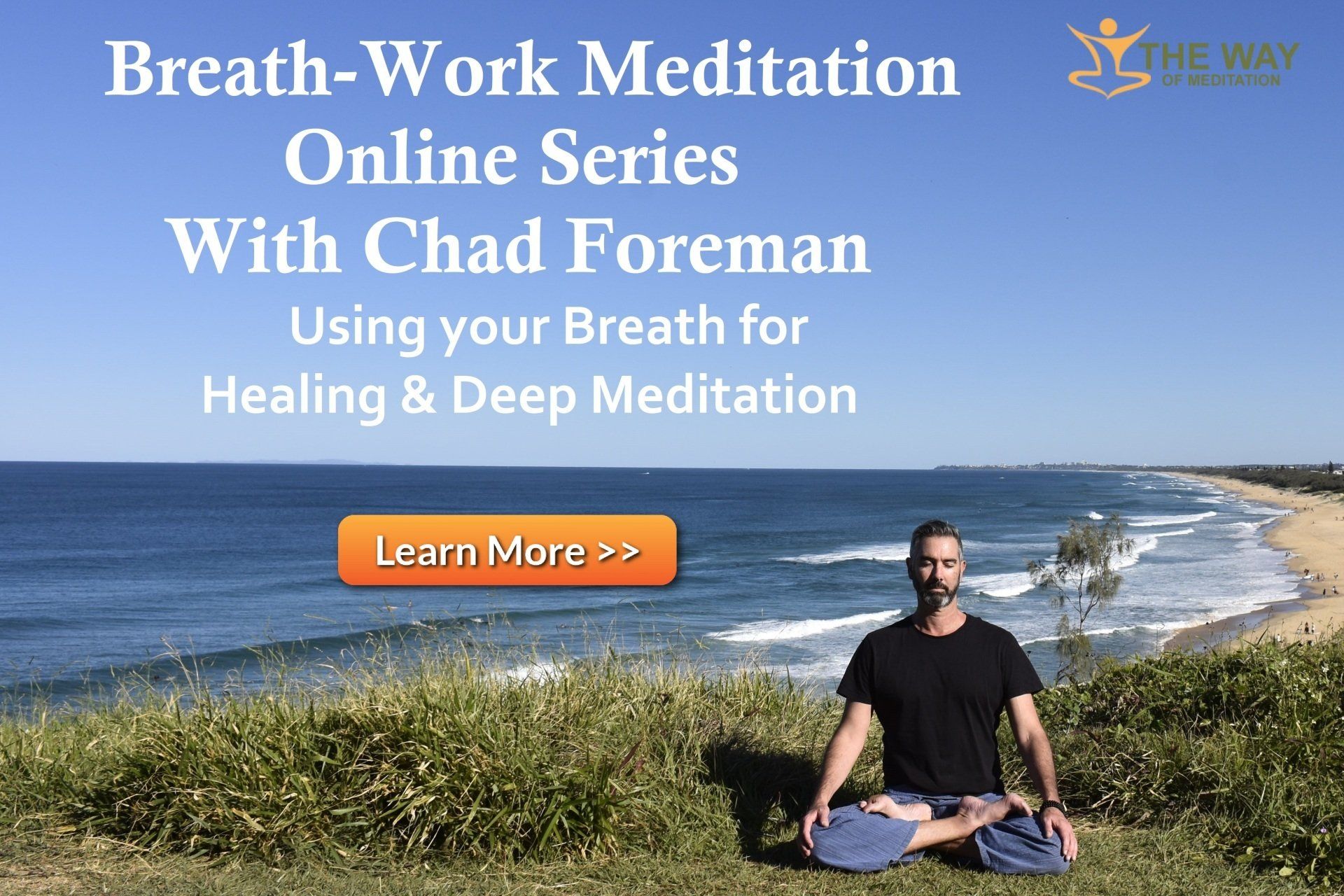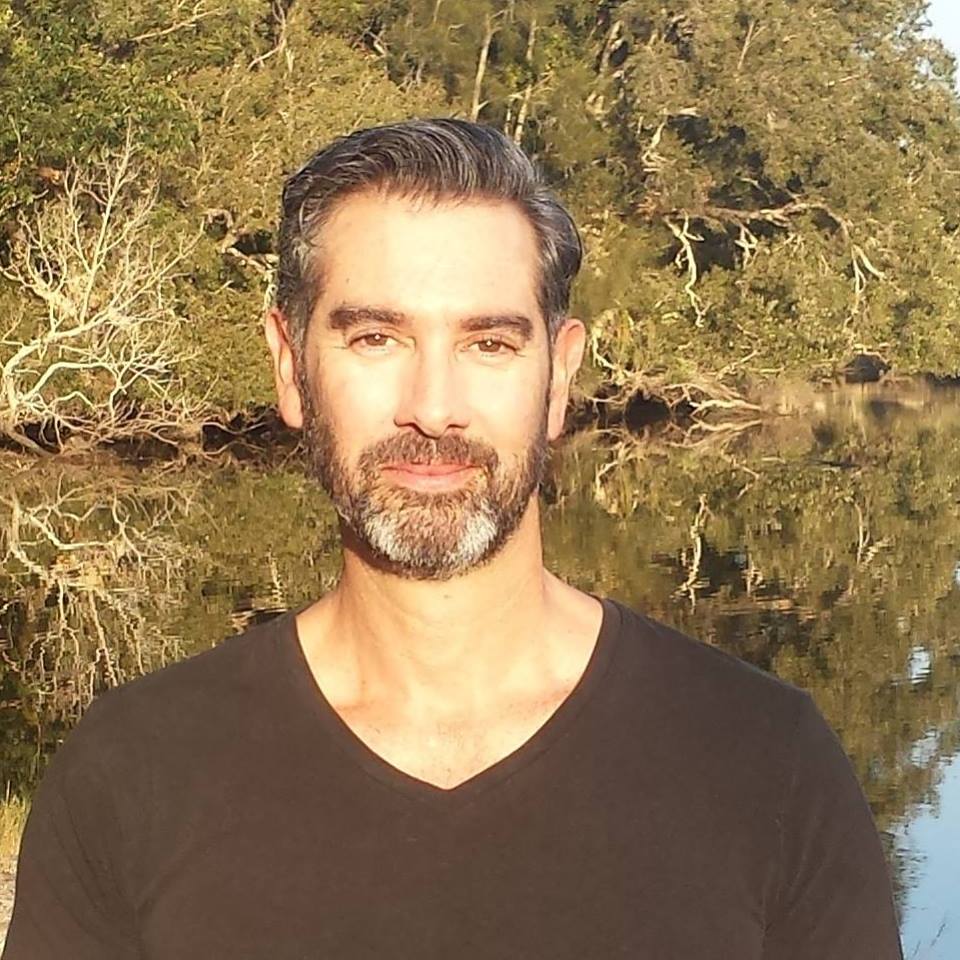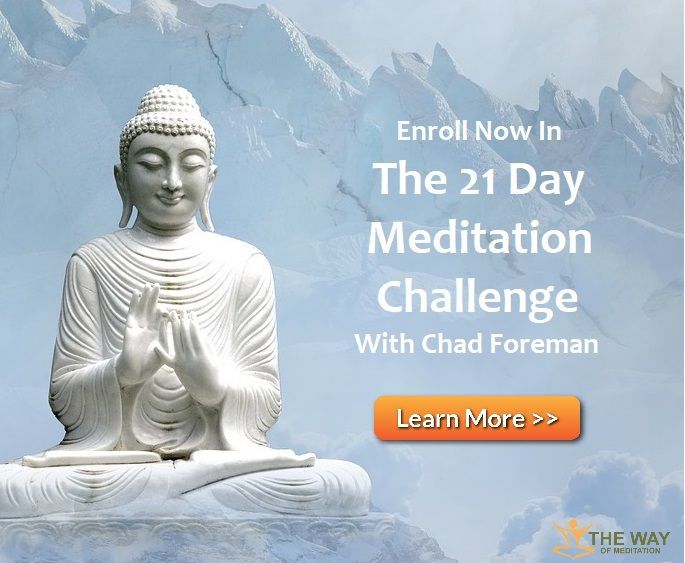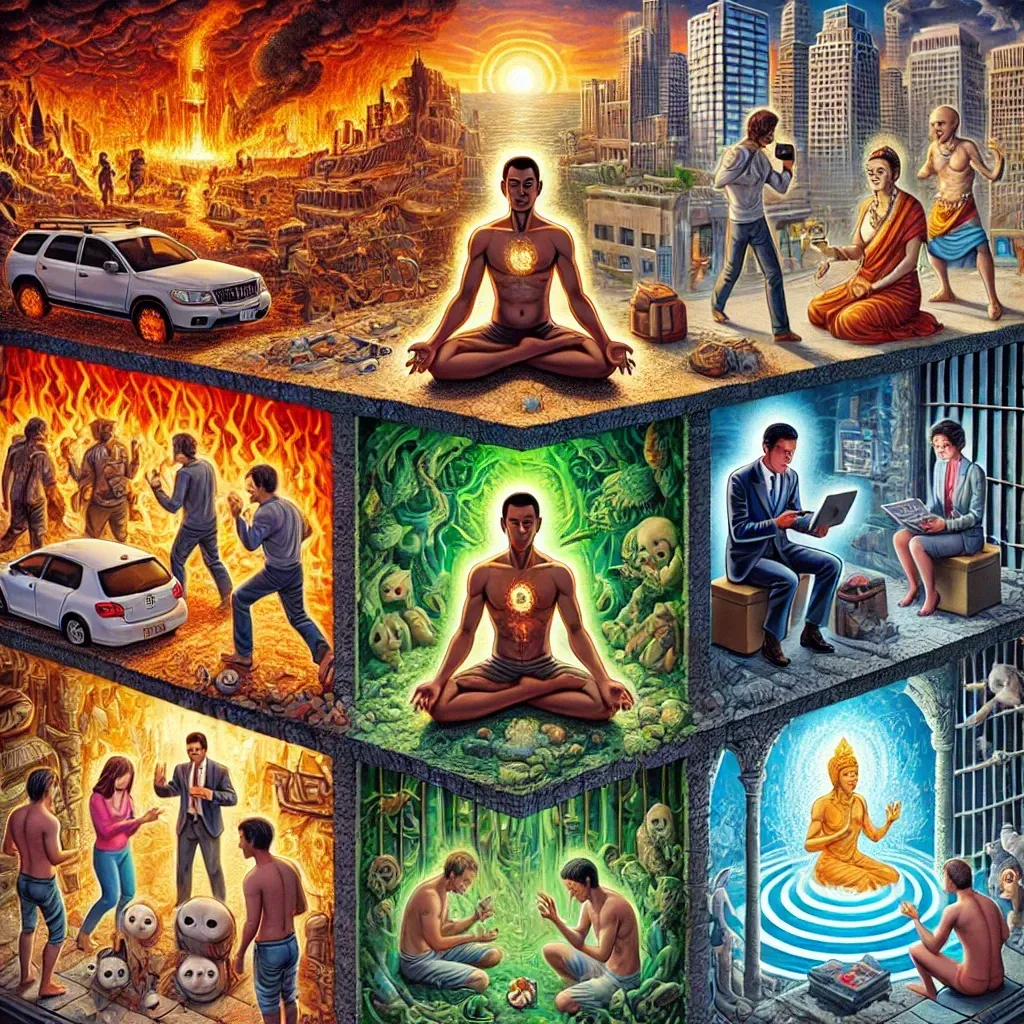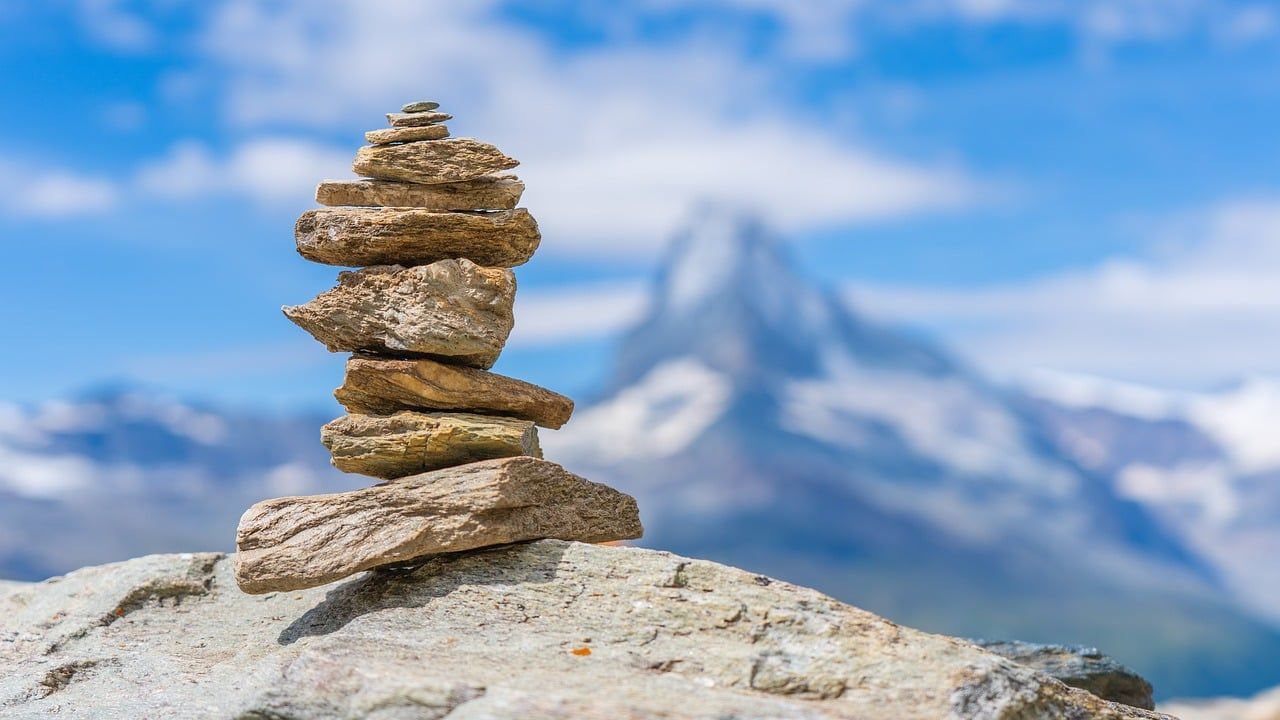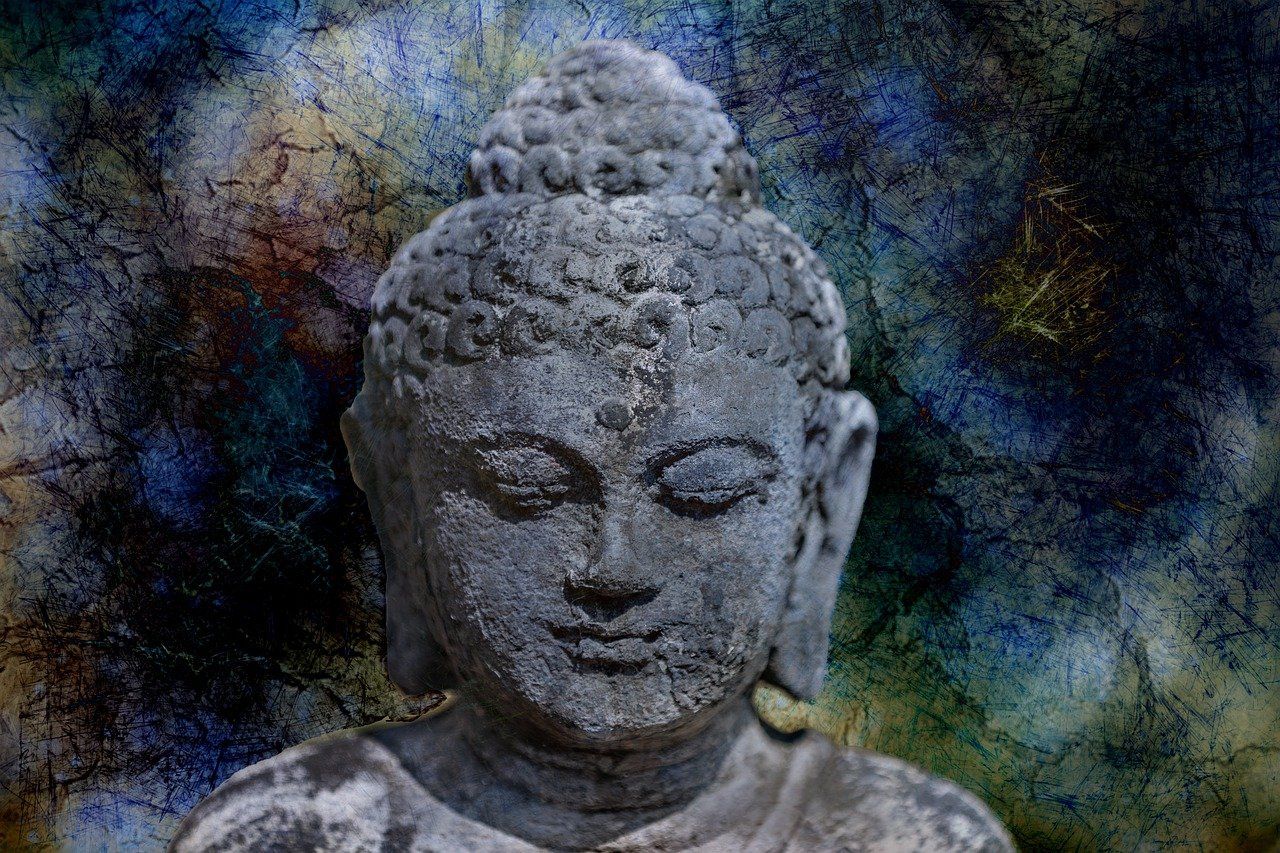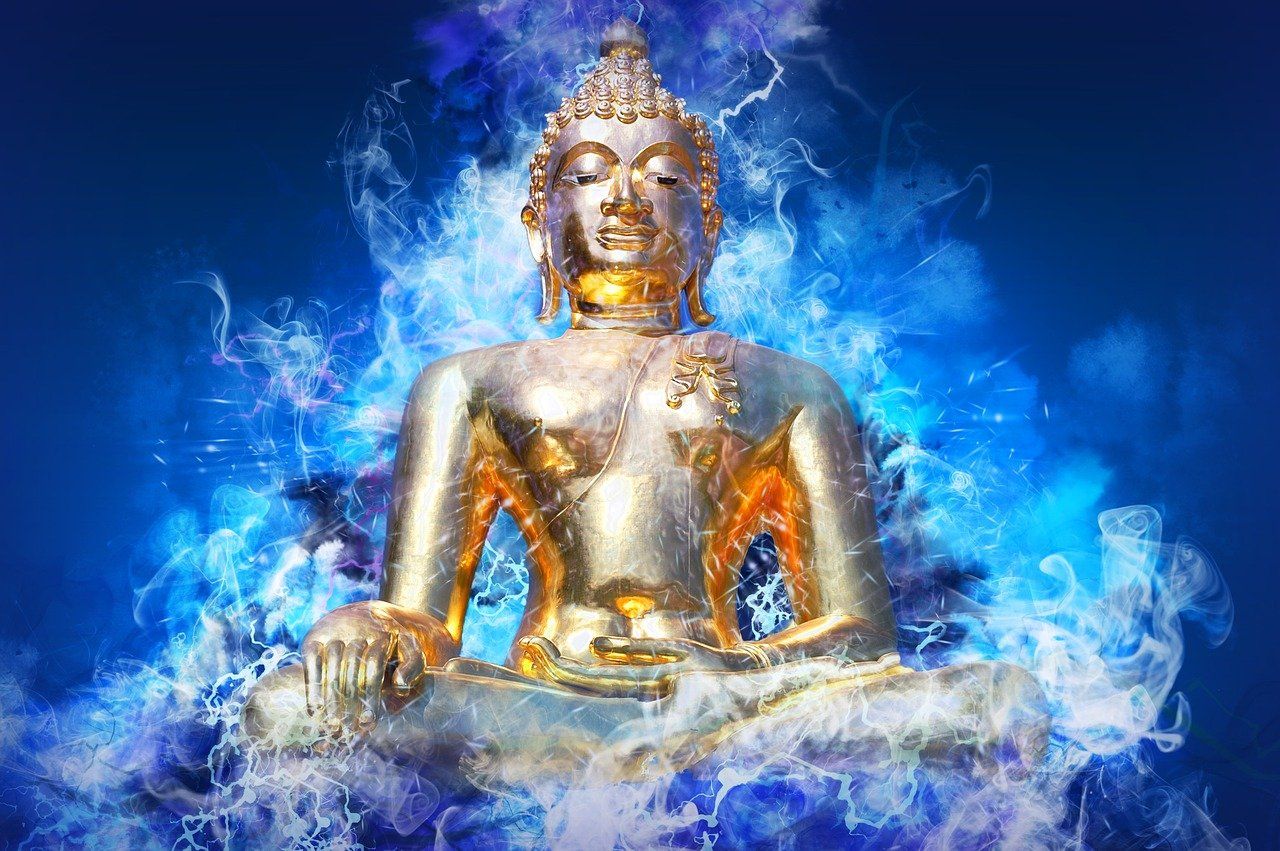Meditation As A Way Of Life
The Way Of Meditation
Meditation is as old as humanity, it’s an ancient spiritual practice probably dating back to humans sitting silently around a camp fire and contemplating their existence. It has been formalised and structured by Indian religions like Hinduism and Buddhism, it has been adopted as a spiritual practice by Christians and Muslims and now in the modern world mindfulness and meditation are being practised everywhere from schools to businesses and even in the military.
“Don’t fall into the trap of getting ready to drop everything and spend the rest of your life meditating on a mountain. A much better – and more challenging – path is to remain rooted in a normal life, faithfully practicing a daily hour of meditation.”
“What if society’s priorities are all wrong, and the goal of achieving a certain social status, job title or income bracket is misguided? What if you could bring your focus back to the activities that make up your day and find peace and contentment from them, with no motive beyond that?”
The Way of Meditation points towards a spiritual happiness regardless of circumstances however this can become an extreme. Being in abject poverty without proper food or shelter is certainly not an ideal. I have gone through the journey of giving it all away, having nothing and sitting still meditating for ridiculous amounts of time during the day, but just like Buddha I soon realised that was an extreme and a balance must be struck. Maslow’s heirachy of needs places self actualisation at the top of the pyramid after material and emotional needs have been taken care of, so even though ultimately an inner connection to spirit is necessary for happiness and freedom a certain level of material needs must be met first. This balance is up to each of us to find.
It is temporary because as soon as you drop the story and rest in a fundamental open awareness the peace returns and equilibrium is restored. However, even though it is temporary, it can last a lifetime, from the moment you learn to talk and create stories of right and wrong, worthy and unworthy you can end up living your whole life trapped in this mind fiction losing sight of your natural ability to be happy.
Therefore a major component of the Way of Meditation is detaching from thoughts, not believing them or at least taking them with humour and lightness. This in itself relieves the stress thoughts and believing in them creates. Having a belief is inherently disturbing. To live without beliefs is to be spontaneous, fluid and lets face it mysterious.
So where does that leave us? not believing in anything and not naming anything, it would seem a bit prehistoric, maybe we should go back to grunting and pointing. The answer is the same as before using the skill of detachment to not get captured by labels and names and see things openly, freshly and with curiosity rather than with the certainty that labels bring. True knowing does not come from the conceptual content of our minds it comes from the clarity of the mind itself.
Certainty is actually a clinging to knowledge that gives us a false sense of security, it limits our perceptions and makes us rigid and inflexible. Being certain even limits our natural intelligence as a Zen Master once said
“In the beginners mind there are many options in the experts there are few.”
The Way of Meditation is to be open, curious and non judgemental. Trusting the skill and balance of present centred awareness, comfortable and secure enough to be able to say I don’t know. There’s a type of violence in imposing your views and certainty on others and also there is an innocence and gentleness in the open flexible stance of using what Alan Watts calls the wisdom of insecurity.
It is love because without the limitations of judgements and beliefs you literally merge with people and the moment. The Dalai Lama has said that love is the absence of judgement. Uniting directly with what your focusing on is called Samadhi in ancient Indian terminology. It is a natural intelligence not born from language but instead arises due to this mysterious uniting. It is love because you become one with what or who you are with which fosters a deep sense of understanding and empathy.
This all boils down to trusting yourself and being yourself. The Way of Meditation is natural and ego-less (without a story). There is no middle man to your redemption or happiness because everything you need is waiting for you within. Not distracted by thoughts you can discover your own natural peace and wisdom. This is not a belief it is the experience of millions before you and does not rely on a church or organisation, just the self empowerment of learning to meditate.
The Way of Meditation can be brought into every moment of your life changing your perspective and responses to the world. The way is easy for those who are comforatble using mindfulness and a spontaneous presence in their daily life but start to rely on your beliefs and judgements and the way is lost. The way opens up the creativity of infinite possibilities, maintains the wonder of living and helps to connect deeply with a natural sense of joy and stillness.
Written by Chad Foreman
Chad Foreman is the founder of The Way of Meditation, has been teaching meditation since 2003, determined to bring authentic meditation practices into the lives of millions of people in the modern world. Chad is a former Buddhist monk who spent 6 years living in a retreat hut studying and practicing meditation full time and has now has over twenty years’ experience teaching meditation. Chad holds regular Meditation Retreats on the Sunshine Coast Australia, has Online Meditation Coaching, delivers three online programs - The 21 Day Meditation Challenge to help guide people gradually from the basics of mindfulness and relaxation to profound states of awareness. Breath-work to help manage stress and go deeper into meditation and The Bliss of Inner Fire which is a Buddhist tantric method for purifying energy blocks and contacting the clear light of bliss. You can also now get Chad's free e-book Insights Along the Way.
Get A FREE
Guided Meditation Series
with Chad Foreman
